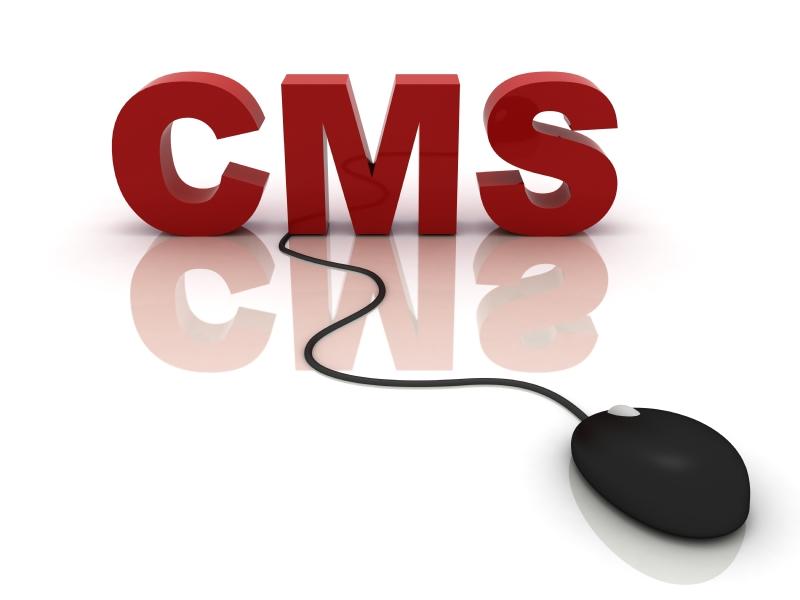 Not every development project we work on gets to be a brilliant portfolio piece that showcases our PHP mastery. Sometimes, we wind up accepting projects that require a fair amount of front-end development in addition to the more exciting programming aspects. Rather than completely re-inventing the wheel by coding an entire site from scratch complete with convenient access for clients to update and add new content themselves, sometimes it can be useful to employ a content management system (or CMS). This saves a great deal of time and work, and lets you focus on the more interesting development challenges without a whole lot of tedious mucking around on front-end work. Fortunately, there are several great PHP-based content management systems that can be easily installed and then customised to meet your needs.
Not every development project we work on gets to be a brilliant portfolio piece that showcases our PHP mastery. Sometimes, we wind up accepting projects that require a fair amount of front-end development in addition to the more exciting programming aspects. Rather than completely re-inventing the wheel by coding an entire site from scratch complete with convenient access for clients to update and add new content themselves, sometimes it can be useful to employ a content management system (or CMS). This saves a great deal of time and work, and lets you focus on the more interesting development challenges without a whole lot of tedious mucking around on front-end work. Fortunately, there are several great PHP-based content management systems that can be easily installed and then customised to meet your needs.Easily one of the most popular and easy to work with is Wordpress. While those of you without much experience with it may tend to think of it simply as a blogging platform, it's actually quite extensible thanks to a robust PHP-based plugin system that allows you to develop and implement additional functionality using the PHP language. In fact, there is an extremely large directory of plugins both free and paid that are available for download, and install with the click of a button which can then be edited to your needs. The entire CMS itself is also coded in PHP, which means it will take very little work to get up to speed even if you've never used it before.
Another very popular PHP CMS is Drupal, which is one of the oldest (if not the very oldest) PHP CMS' found on the web, having been launched way back in 2001. This extended lifespan shows in its capability and scalability, but compared to working with Wordpress, it's extremely difficult to get a handle on. Most plugins available for Drupal, known as 'modules', are not free, although there are a few good ones floating around. Definitely the choice of more seasoned developers, those less experienced should lean towards a Wordpress or Joomla implementation - to give you a sense of what it can do, the US government website whitehouse.gov is powered by Drupal.
Joomla is a sort of happy middle ground between the extreme flexibility of Drupal and the simple hand-holding of Wordpress. Powering a respectable set of sites that includes linux.com, Joomla is aimed more at an interim-level developer who needs more capability than Wordpress offers but doesn't require the same level of implacable stability that comes with the more rigid Drupal. However, its SEO-friendliness leaves something to be desired compared to Wordpress, although it does have a similarly expansive plugin directory that can save you a lot of development time.
Always choose the right CMS for the job!


